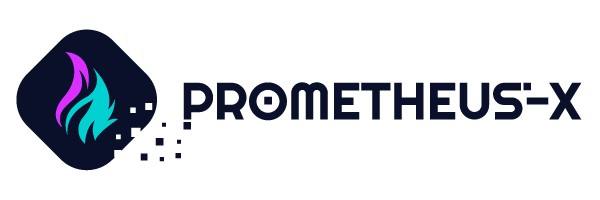Revolutionizing Learning: The Future of Distributed Learning Analytics Management Services
At a time when personalized learning is not just a goal but a necessity, the integration of technology into education has opened avenues for innovative solutions to support lifelong learning. The Distributed Learning Analytics Management Services, which will be available from January 1, 2025, herald a new chapter in the way individuals engage with their learning process. This service, which includes Personal Learning Record Stores (PLRS) and Learning Object Metadata Crowd Tagging, aims to provide personalized, efficient and accessible learning experiences. But what exactly are these services and what benefits do they have for learners and educational stakeholders alike?
What are distributed learning analytics management services?
Distributed learning analytics management services are a set of tools for collecting, storing, processing and sharing learning data across different platforms and institutions. At the heart of these services are two key components: the Personal Learning Record Store (PLRS) and the Learning Object Metadata Crowd Tagging (LOMCT) browser extension.
The PLRS enables individuals to store and manage their own learning records in a cloud drive so that they can track and share their learning activities, achievements and progress throughout their lives.
On the other hand, the LOMCT browser extension facilitates the collaborative review and tagging of digital learning resources by a community of users. This service aims to improve the discoverability and quality of learning materials by enabling users to edit metadata, add ratings and tag learning objects via a browser extension.
The value proposition
The unique proposition of these services lies in their ability to support lifelong learning, promote better analysis of learning pathways, and improve the quality of learning object metadata. They represent a significant step towards the democratization of personalized education by leveraging AI and automated data collection to provide tailored learning experiences at a lower cost. This is particularly important in an educational landscape where personalized learning is often hindered by high costs and the lack of scalable solutions.
Key Differentiators
What is special about these services is that they focus on lifelong learning and enable individuals to control their learning data. Unlike traditional learning management systems, which are limited to specific institutions or courses, Distributed Learning Analytics Management Services ensure that learning data is transferable, secure and interoperable across different platforms and educational contexts.
This interoperability is essential for creating a coherent and comprehensive learning ecosystem that supports personalized education for students, professionals and lifelong learners.
In addition, the focus on crowd-sourced tagging of learning materials introduces a novel approach to curating and enhancing educational content. By involving the community in the review and tagging process, these services ensure that learning resources are not only easier to find, but also more relevant and up-to-date.
The closer we get to the launch of Distributed Learning Analytics Management Services in 2025, the more tangible the promise of a more personalized, efficient and connected learning landscape becomes. By putting individuals in control of their learning data and harnessing the collective intelligence of the education community, these services are able to redefine the paradigms of learning and education. Whether for students or professionals looking to upskill, the future of learning is personalized, data-driven and, most importantly, accessible to all.
